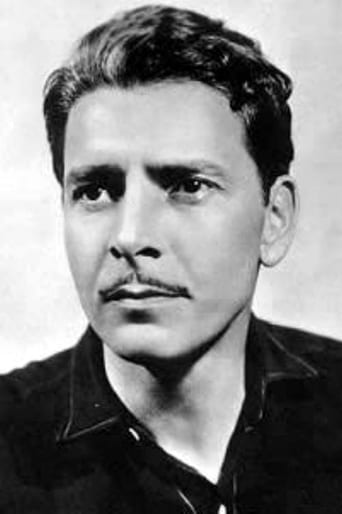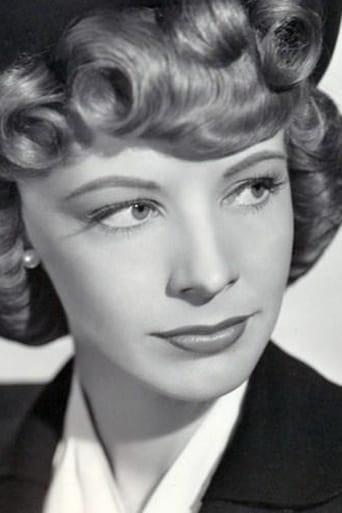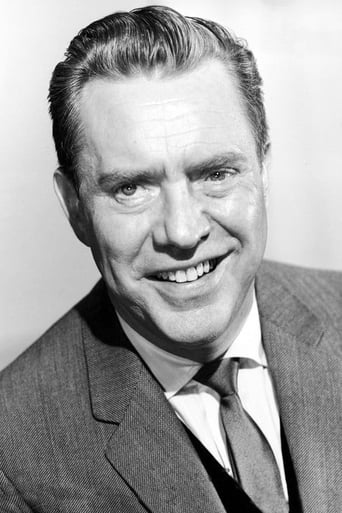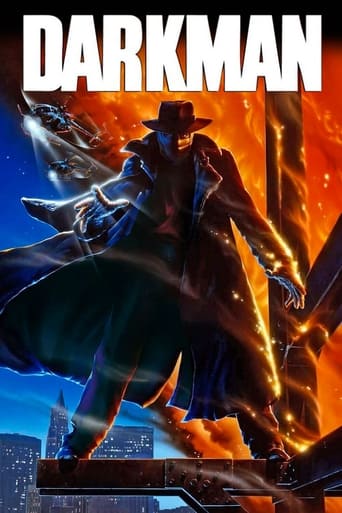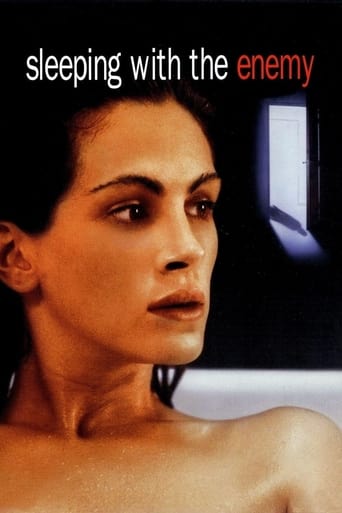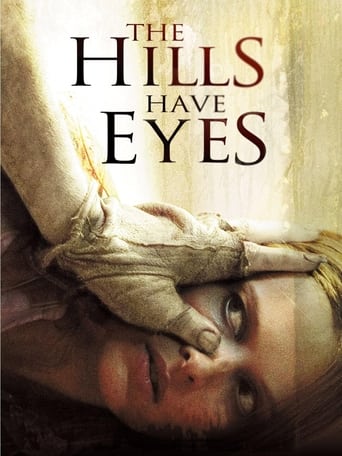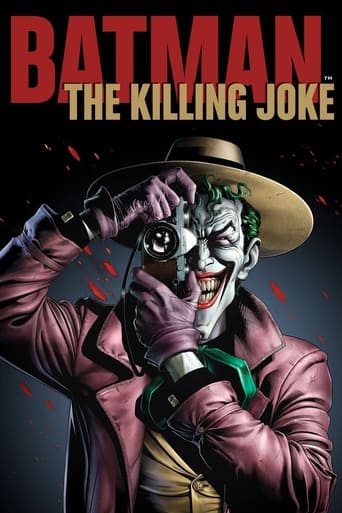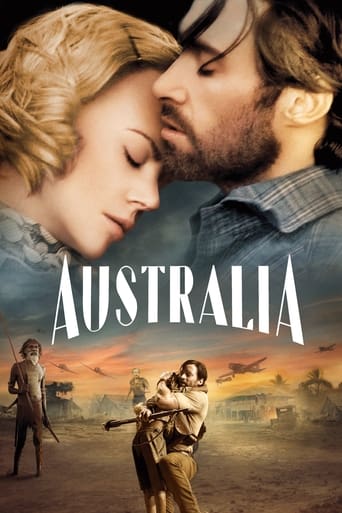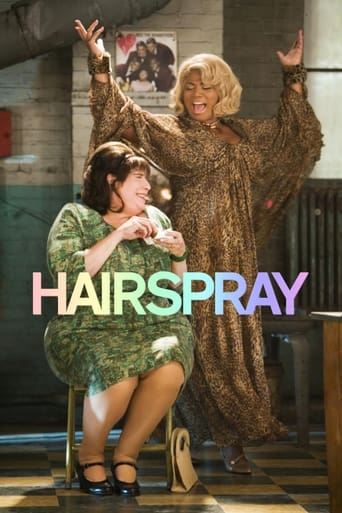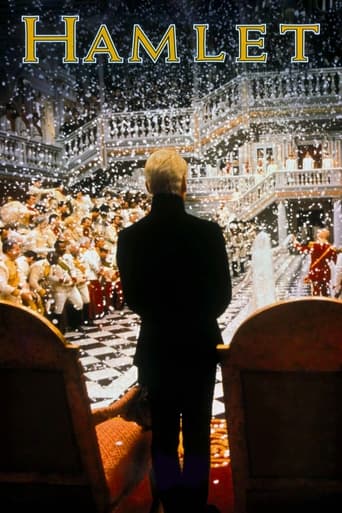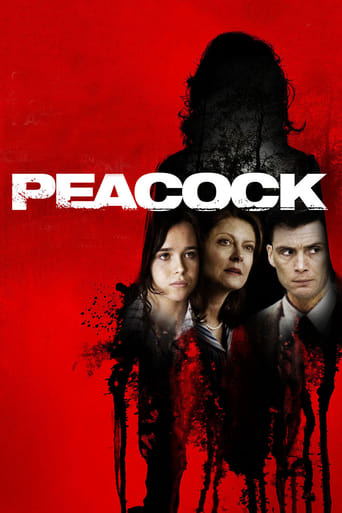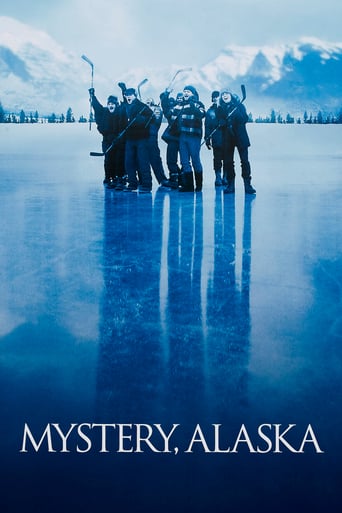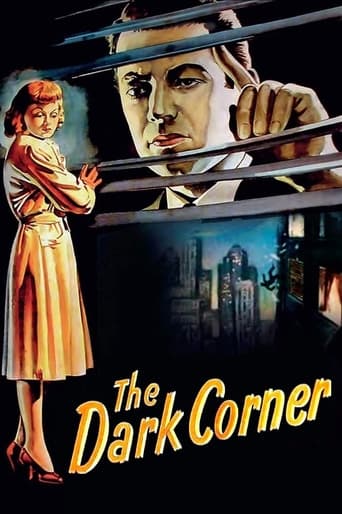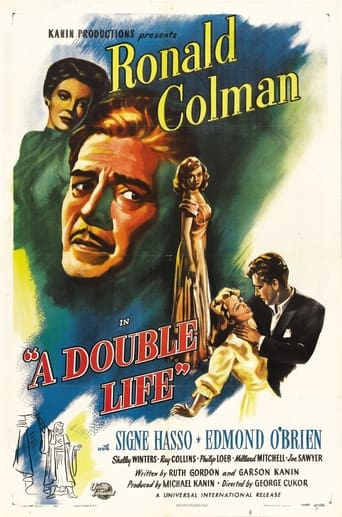
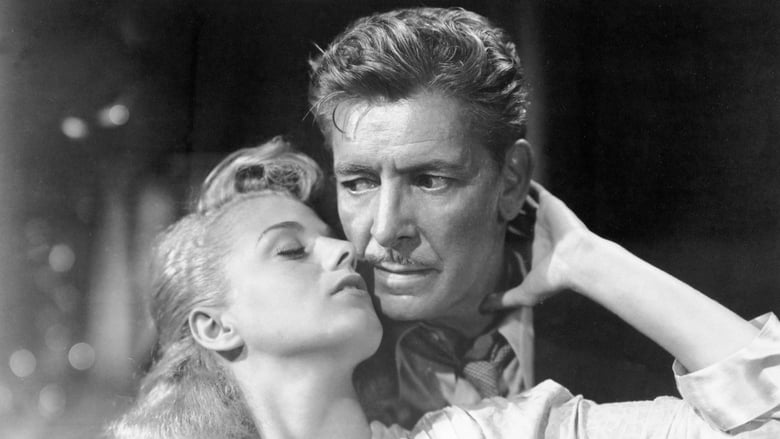
A Double Life (1947)
A Shakespearian actor starring as Othello opposite his wife finds the character's jealous rage taking over his mind off-stage.
Watch Trailer
Cast


Similar titles
Reviews
Q: How can a film starring Ronald Coleman, Edmond O'Brien, Shelley Winters and Lt. Tragg (I mean Ray Collins), written by Ruth Gordon and Garson Kanin, and directed by George Cukor be so awful?A: To quote Shakespeare (who is used abominably in the movie): "It is a tale told by an idiot. Full of sound and fury, signifying nothing..."The characters are poorly drawn, the action, choppy and incoherent; the plot, slow as molasses and yet telegraphed from a mile away.The movie was a big hit with the Oscars in 1947, which only proves the deep wisdom of the "Emperor's New Clothes" all over again. They filled it up with Shakespeare and modern psychobabble and choppy editing and crazy camera angles and no one wanted to admit that they didn't get it.If you want a great Ronald Coleman romance, watch "Random Harvest." If you want a great O'Brien noir, see "D.O.A.", a great Cukor comedy watch "The Philadelphia Story."But don't waste your time on "A Double Life."
I saw "A Double Life" under what can only be termed sub-optimal circumstances -- including being obliged to leave for several minutes just before the climax -- but nevertheless I found myself becoming involved with the characters.This is all the more unlikely in that I found the central 'kiss of death' conceit to be frankly absurd; entirely credible as a gimmick for a new theatrical production, but not likely to produce results in real life. Moreover the basic plot-line (fictional murder turns an actor's brain) is both hackneyed (e.g. "The Brighton Strangler") and overwrought: there is mileage to be had in the idea of constant performance undermining one's own sense of identity, and indeed the film makes some interesting points about it, but this particular twist is more usually the territory of the cheap thriller.But instead of, say, the House of Hammer and Peter Cushing (himself with genuine Shakespearian credentials: an equal 'gentleman' of the cinema, he could well have handled the part) we get the likes of George Cukor and Miklos Rosza charged with the task of producing Oscar-fodder from it in full Hollywood panoply -- with the more than able assistance of former matinée idol Ronald Colman playing former matinée idol Anthony John, who enjoys one of those complicated theatrical relationships with Brita, his dearest friend, chief support network, motherly/sisterly protector, sometime lover -- and ex-wife.If the plot of this film leaves it with a heavy burden to carry (even with a generous measure of assistance from the Bard, both on- and off-stage), then it is the characters who carry it through. Colman and Signe Hasso have real chemistry together, and the scenes between Tony and Brita are perhaps the most convincing as well as the most enjoyable in the film: their relationship is almost that of an old married couple (which, of course, they are...) with a tormenting edge of sexual tension -- Brita's housekeeper doesn't turn a hair when her employer's ex-husband shows up (yet again?) unannounced at the breakfast table, but Brita evidently hasn't been allowing him to graduate beyond the sofa, despite their unchanged mutual attraction, while not all the "one-night stands" Tony deplores to his manager would appear to have been theatrical ones... As a depiction of a couple who can't live together and can't live apart it doesn't really need the cheap melodrama trappings, but it is in Miss Hasso's company that Colman comes closest to being able to pull off the plot with psychological conviction.(An earlier reviewer refers to their scene on the stairs -- where we sense for the first time that Tony may be dangerous -- as without doubt the most effective part of Colman's performance, and I would agree. At this point in the film, knowing nothing about it, I felt that it had the potential to develop into a great drama: sadly the later sections caused me to revise my overall verdict downwards.) In the rather thankless role of Bill Friend, the press agent who finds himself the object of Tony's Othello-esque jealousy, Edmond O'Brien also has an outstanding scene with Signe Hasso, as Bill is forced -- in what is almost a throwaway line, beautifully judged -- to admit the truth to the woman for whom he does not allow himself to hope. Little more than a bit-part player for the majority of the picture, Bill suddenly finds himself elevated into a B-movie private detective role by the mechanics of the plot in the final section, and goes through the necessary movements in an adequate by-the-book manner; but this is not really the actor's fault.A young Shelley Winters has a small but memorable part as brassy waitress Pat, who pulls off a blatant pick-up on the middle-aged gent who gets into her proprietor's good books and may therefore be able to offer her 'connections' -- only to take alarm at his habit of reciting poetry to himself and his decidedly unusual behaviour. As Miss Winters makes clear, the two of them are worlds apart; but unfortunately Tony's own two worlds aren't quite separated enough to save both Brita and Pat...Ronald Colman, of course, revels in the verse-speaking, the chance to present an Othello reminiscent of Olivier's later tour-de-force, and the chance to display the actor's craft, all the way from "Anyone for tennis" to heavyweight Shakespearian technique. Little use is made here, alas, of his gift for rueful humour, soon to be demonstrated to such effect in "Champagne for Caesar", but he can simultaneously evoke both wordplay and genuine feeling: (Brita)"Be a good friend and stay a while" -- (Tony) "I'm afraid I can't do either..." His 'mad scene' at the first-night reception is very effective, but even Colman's acting can't really make subsequent plot developments believable. His finale scene, as a man in physical pain but finally freed from his mental agony, is stagy but characteristically underplayed; and while this film would seem to be yet another case of the adage that the way to get an Oscar is to 'play crippled' (and/or the technical challenge of a good/evil twin role), Colman does his best here to make the picture work with the material he is given, aided most notably by the teaming with Signe Hasso, who proves a more than admirable foil.For all the essentially cheap thrills of its plot, "A Double Life" manages to make a memorable effect thanks to adventurous cinematography, evocative grasp of Broadway backstage and a well-drawn cast of involving characters (many of whom have only one or two scenes in which to shine). It's just that the talent involved ended up being hung on what was so basically frail a structure, alas.
Despite the memorable performance of Gregory Peck in the best picture Oscar winner of 1947, the best actor award went to Ronald Colman, for his Shakespearian role of Othello, where he allowed the part to get to him with tragedy resulting.The excellent writing here is attributed to husband and wife team Garson Kanin and Ruth Gordon, who were both nominated for writing.The film deals with the dangers of obsession in an already tortured mind. Colman's acting, especially when he is playing Othello was absolutely mesmerizing, and the Academy saw this. As the waitress who ultimately becomes his Desdemona, Shelley Winters shows her usual vulnerabilities in such a role.
George Cukor directs a brooding and cynical classic. The distinctive Ronald Coleman is at his best in this piece of Noir about an actor who loses himself in his roles. The acclaimed Anthony John(Colman)has driven his wife Brita(Signe Hasso)away with his highly fueled temper and erratic behavior. But the two manage to continue working together to please their audiences. Things begin to change as John is becoming bored with his career; he reluctantly agrees to play Othello. He gets deep into character as a jealous and murderous man. He begins walking a thin line between illusion and reality and ends up confusing his role with his own life and eventually kills his mistress(Shelley Winters),but has no memory of the dastardly deed.Colman seems faultless in this role. Winters is very impressive as the young woman determined to get away from her squalid life. Also in the cast: Edmond O'Brien, Ray Collins, Joe Sawyer and Whit Bissell.


